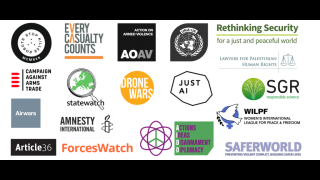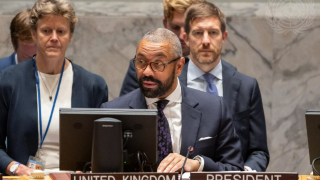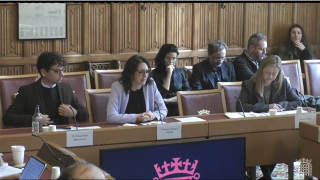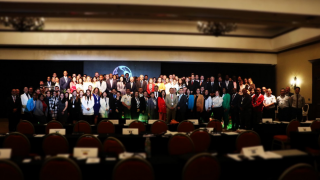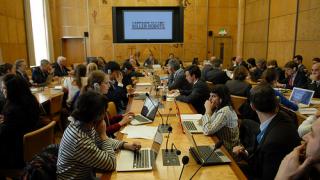
On 30 May, the United Nations Human Rights Council for the first time ever debated the challenges posed by lethal autonomous robotics (LARs) or ‘killer robots’. The debate was in response to a report by the UN Special Rapporteur on extrajudicial, summary or arbitrary executions, Prof. Christof Heyns, calling for all states to institute an immediate moratorium on LARs.
The report went on to state that these weapons:
“[R]aise far-reaching concerns about the protection of life during war and peace. This includes the question of the extent to which they can be programmed to comply with the requirements of international humanitarian law and the standards protecting life under international human rights law. Beyond this, their deployment may be unacceptable because no adequate system of legal accountability can be devised, and because robots should not have the power of life and death over human beings.”
The report also recommended that the High Commissioner for Human Rights should convene, as a matter of priority, a High Level Panel of experts to galvanise and guide the international community’s approach to LARs.
Click here to read the Heyns report in full
UK out of step with international debate on killer robots
During the Human Rights Council session a wide and diverse group of 26 states acknowledged the need for further debate on this issue. The UK, however, said it considers that existing rules are sufficient on lethal autonomous robotics and that it does not support an international ban.
“It is meaningless and even disingenuous for the UK to say that existing rules are sufficient when there has been no public or parliamentary debate on autonomous weapons,” said Thomas Nash, Director of Article 36. “Today’s ill-considered statement sounded like the UK trying to dodge discussion on what the rest of the world clearly sees as a fundamental shift in the way humans use violent force. We expect that the UK will reconsider its position and support international regulation on fully autonomous weapons.”
The debate also raised questions about which international fora would be best suited to address this issue. The Special Rapporteur has recommended that such a process be organised across the different relevant UN bodies given the range of aspects from human rights, international humanitarian law, disarmament and arms control.


